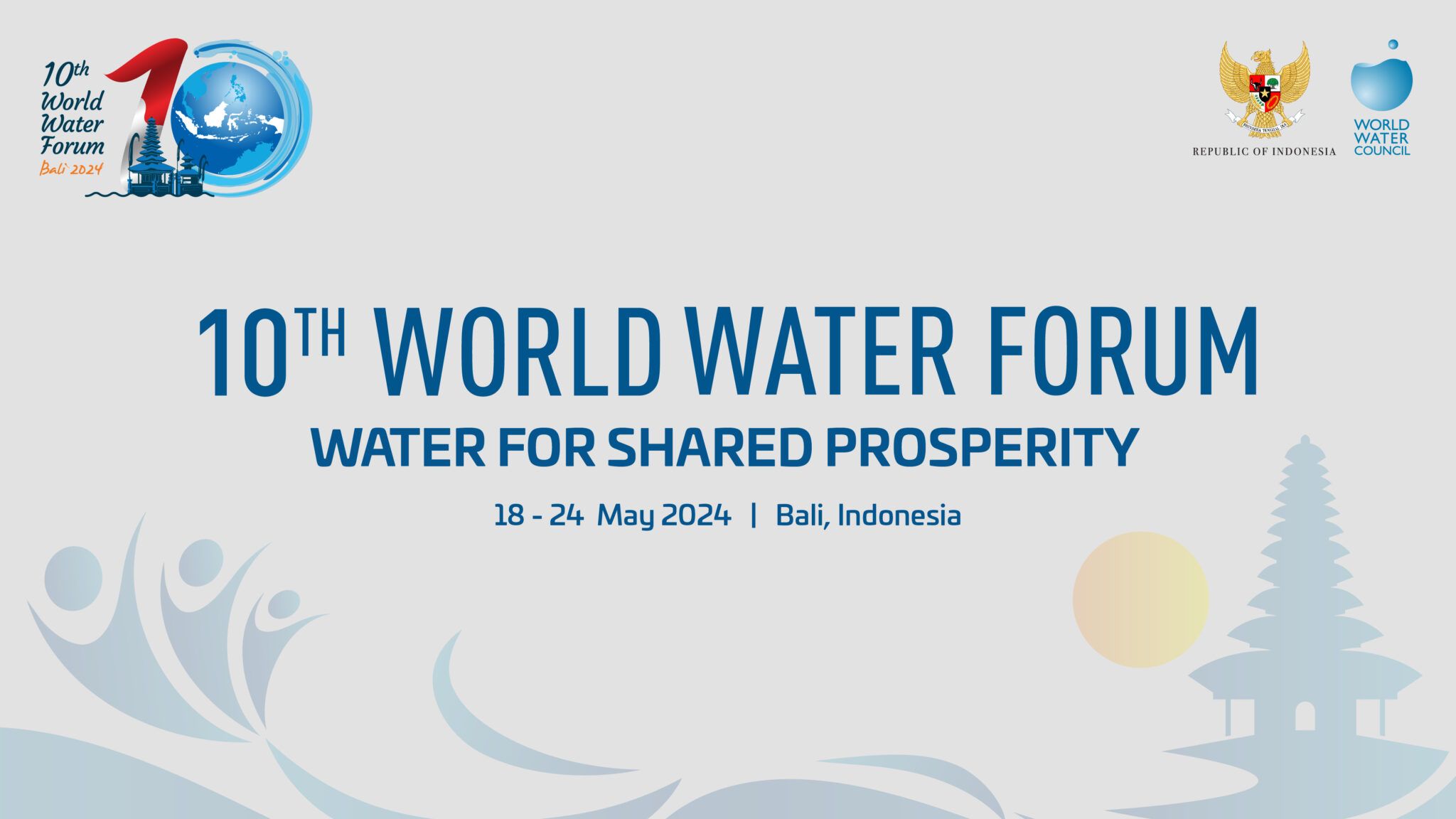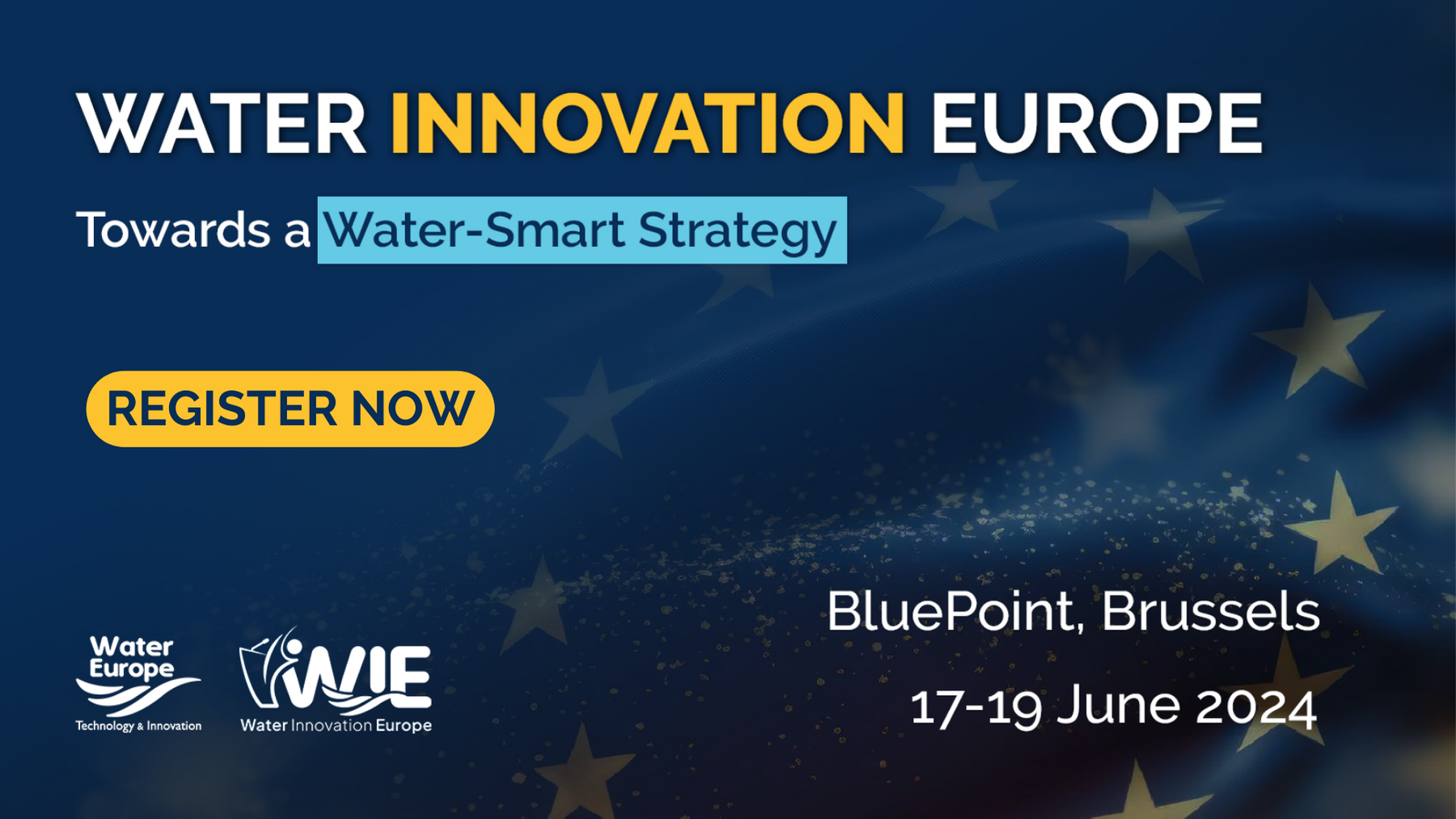Can you please introduce your association and describe the role that water plays in your work?
The European Biogas Association is the voice of renewable gas in Europe since 2009. Supported by its members, EBA is committed to work with European institutions, industry, agricultural partners, NGOs and academia to develop policies which can enable the large-scale deployment of renewable gases and organic fertilisers throughout Europe. The association counts today on a well-established network of over 300 members including national organisations, scientific institutes, and companies from Europe and beyond.
Water plays a key role in the biogases industry in three ways.
– First, biogas is produced both from municipal wastewater (sewage sludge) and industrial wastewater, as part of the water purification process. In the case of municipal wastewater treatment, the biogas is produced from the remaining sewage sludge after water purification. On the other hand, in industrial wastewater treatment, an anaerobic treatment step is introduced before the aerobic treatment takes place. In this manner, waste load of the water is reduced while at the same time the need for the energy-intensive purification process is brought down.
– Second, it is possible to produce clean water from the digestate, a by-product of certain types of biogas production. Hence biogases plants can bring a solution to water stress.
– Last, most plant types need water as process water, for example, to bring the dry matter content of the substrate mix to the desired level before entering the digester.
The World Resource Institute predicts a 56% gap between water supply and demand by 2030. Water stress is also perceived among the main global risks, highlighting the need to move away from temporary measures to systematic, risk-based management. How are the current water risks perceived in your sector, and what policies/regulations do you consider important for addressing these risks?
The topic of water stress is gaining a lot of visibility in our sector also because biogases plants are often linked to agricultural holdings. We are aware that the cost of inaction in this area would be much higher so we need to start planning at EU level in order to avoid a water crisis.
We believe that the water initiative should focus on enhancing sobriety and best practices in terms of water management across all sectors, including the energy sector. The EU must adopt an integrated approach on water and it might become necessary to introduce water-related criteria in energy policies.
Green waters are also key for the resilience of the agricultural sector. In this area we believe that EU policies should further reward agronomic practices that have positive externalities for water retention, such as the use of digestate or the implementation of sequential cropping systems.
Collaboration and innovation are at the heart of building a Water-Smart Society. How does your organization actively support collaboration and innovation within your sector to improve environmental performance, competitiveness across the value chain? Could you provide specific examples of your efforts in this regard, particularly related to water?
EBA is committed to support a sustainable and competitive biogases market. In line with this, we will release a white paper on water resilience in the biogas sector by July 2024. In general, we would like to promote voluntary actions to reduce the water footprint of our industry through water savings, reuse and recycling in biogas plants. Water-saving technologies are sometimes too expensive so research and development is also needed in this field. We also want to share best agronomic practices that can enhance water retention such as the use of digestate as an organic fertiliser.
The biogases industry can also bring a solution to water stress: with innovative cleaning technologies, pioneering plants are making huge breakthroughs and are able to produce clean water from the digestate. The cleaned water can be used for industrial processes, maintenance of green areas or to supply agriculture.
EBA has an active participation in the Research and Innovation program of the European Commission. EBA is currently partner in the FER-PLAY project and participated as well in SYSTEMIC and Nutri2Cycle projects. These projects have the shared goal to enhance the technology basis and knowledge sharing for, among others, digestate upgrading and application.
Would a water strategy be relevant for your sector to strengthen competitiveness and reduce potential disruption on the value chain by ensuring water resilience, security, and sustainability?
A water strategy is definitely needed and long awaited. In a water strategy, the solutions the sector can provide are two-fold:
– With innovative technologies, digestate can be upgraded to clean water and organic fertilisers. This clean water is recycled water originating from the organic waste streams processed by the biogas plant and can be used for various purposes, contributing to reduced water stress.
– Digestate, applied as an organic fertiliser, has the capability to increase the organic matter of soils and hereby improve the water retention properties of the soils. Therefore, the application of digestate in agriculture can further reduce water stress.




